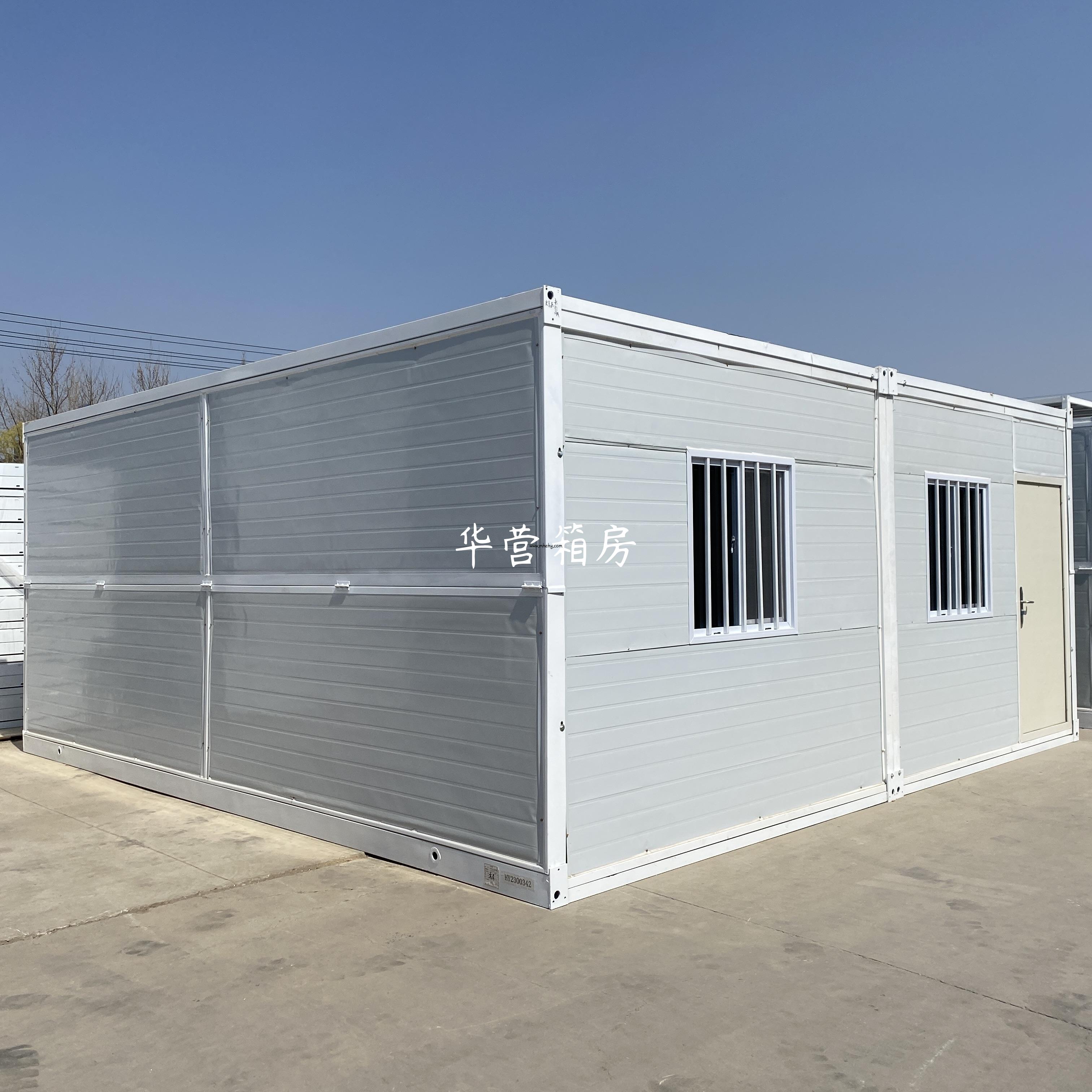Embrace Renewable Living: Dive into the World of Solar Energy-Powered Expandable Container Homes

Embrace Renewable Living: Dive into the World of Solar Energy-Powered Expandable Container Homes
In a world grappling with the consequences of climate change and environmental degradation, the need for sustainable living solutions is becoming increasingly imperative. Traditional housing methods often contribute to carbon emissions and deplete finite resources, but there is a rising trend that offers an alternative: solar energy-powered expandable container homes.
These eco-friendly homes are not only visually appealing, but they also minimize the carbon footprint and provide a flexible and self-sustaining living space. Repurposing shipping containers to construct homes is gaining popularity due to its numerous environmental benefits, and incorporating solar power systems makes it an even more sustainable solution.
One of the primary advantages of using shipping containers is that they reduce waste by reusing materials that would otherwise be discarded. Millions of containers accumulate in ports worldwide, presenting an incredible opportunity to repurpose these steel giants and give them a new lease on life.
Solar energy plays a crucial role in powering these expandable container homes, harnessing the abundant energy from the sun and completely removing the need for fossil fuel-powered electricity. Solar panels, typically installed on the rooftop, convert sunlight into electricity through photovoltaic cells. This eco-friendly power source provides a clean and renewable energy option, allowing homeowners to live off the grid or significantly reduce their dependence on conventional utilities.
The expandable nature of these container homes allows for versatility and adaptability. Container homes can expand or contract based on the family’s needs, making them suitable for various living situations, such as single individuals, couples, or even larger families. Additional containers can be added easily, creating more space without compromising the structure’s integrity.
Moreover, these homes are designed with energy efficiency in mind. Solar-powered container homes integrate various sustainable features, such as effective insulation, energy-saving appliances, and LED lighting, further reducing energy consumption. Some advanced models even include rainwater harvesting systems for irrigation and graywater recycling technologies to minimize water wastage.
Another significant advantage of solar energy-powered container homes is their affordability. Compared to traditional housing options, container homes offer a more economical alternative. Constructing a container home costs significantly less than building a conventional house, making it an attractive option for those seeking sustainable living on a budget.
Furthermore, container homes are relatively low-maintenance and durable. Constructed to withstand extreme weather conditions, these homes offer strength and longevity. The steel frame of shipping containers is highly robust, ensuring the structural integrity of the home for years to come.
The embrace of renewable living through solar energy-powered expandable container homes also promotes sustainable urban development. These homes can be easily transported and set up in urban areas where land scarcity is a common issue. By utilizing previously unused spaces or creating compact housing communities, container homes contribute to the efficient use of available resources, reducing urban sprawl.
As the world increasingly gravitates towards sustainable living practices, solar energy-powered expandable container homes emerge as an innovative solution. They not only provide a greener alternative to traditional housing options but also offer flexibility, durability, affordability, and energy independence. By embracing renewable living through these homes, individuals can play an active role in mitigating the environmental challenges we face while enjoying a comfortable and self-sustaining abode. So why not dive into the world of solar energy-powered expandable container homes and embark on a journey towards a more sustainable future?













